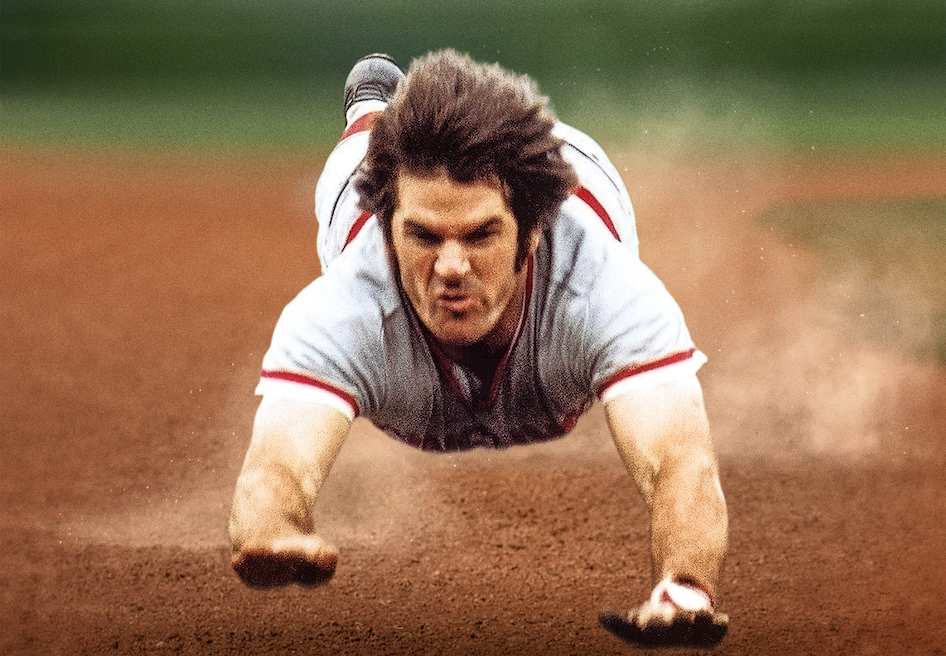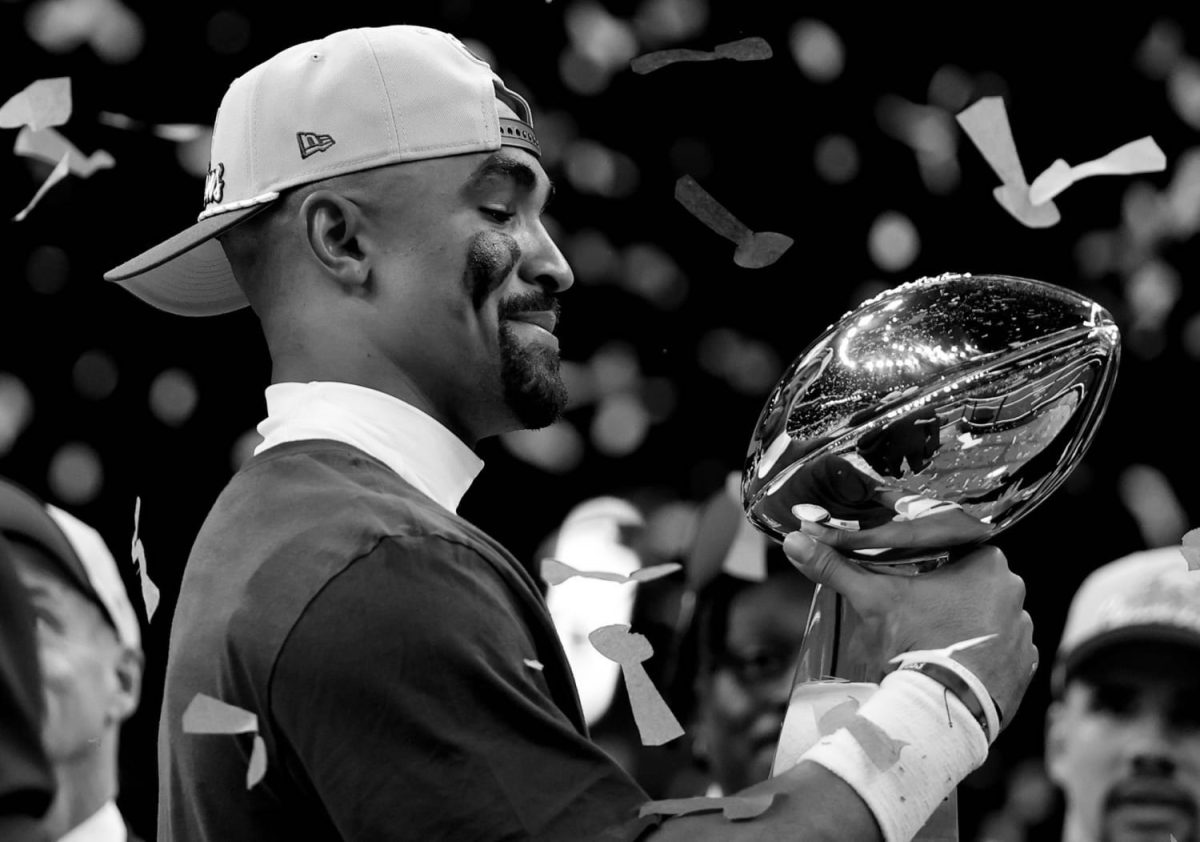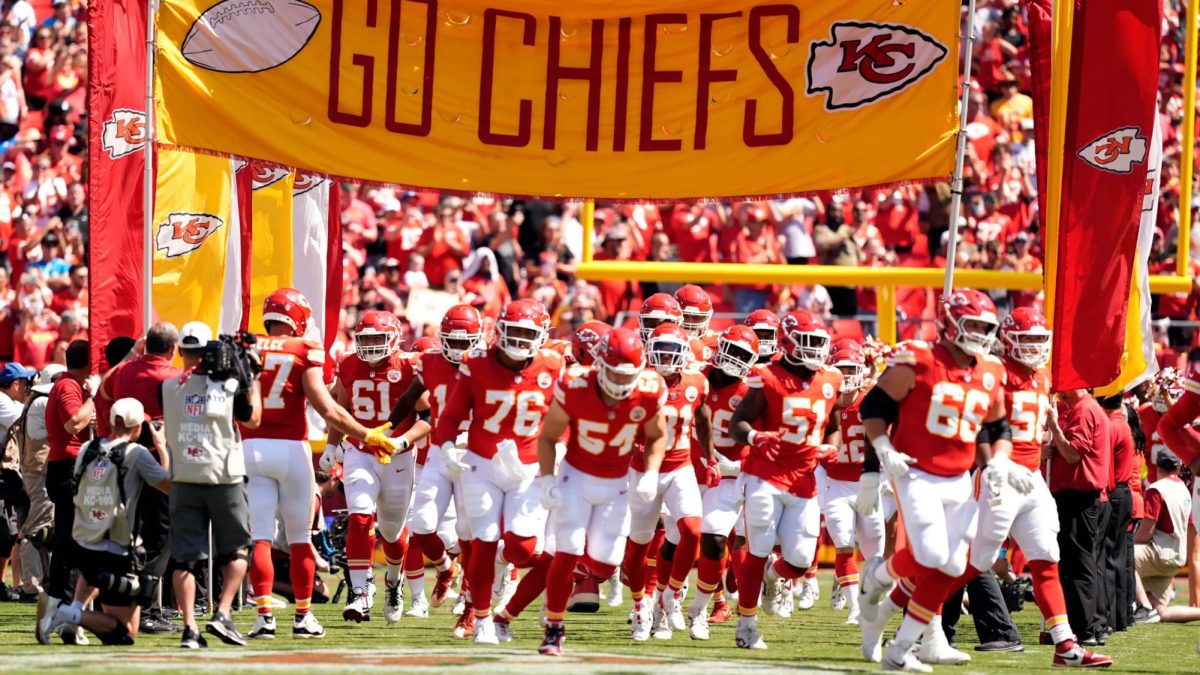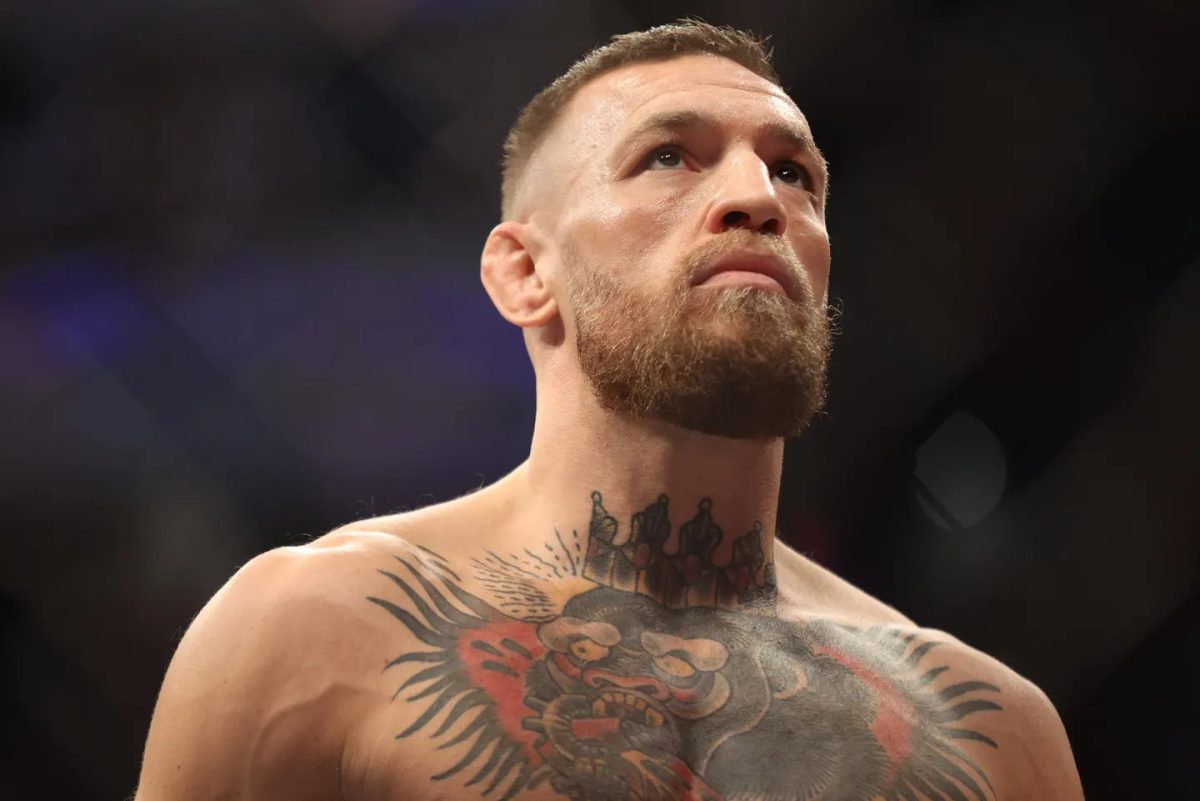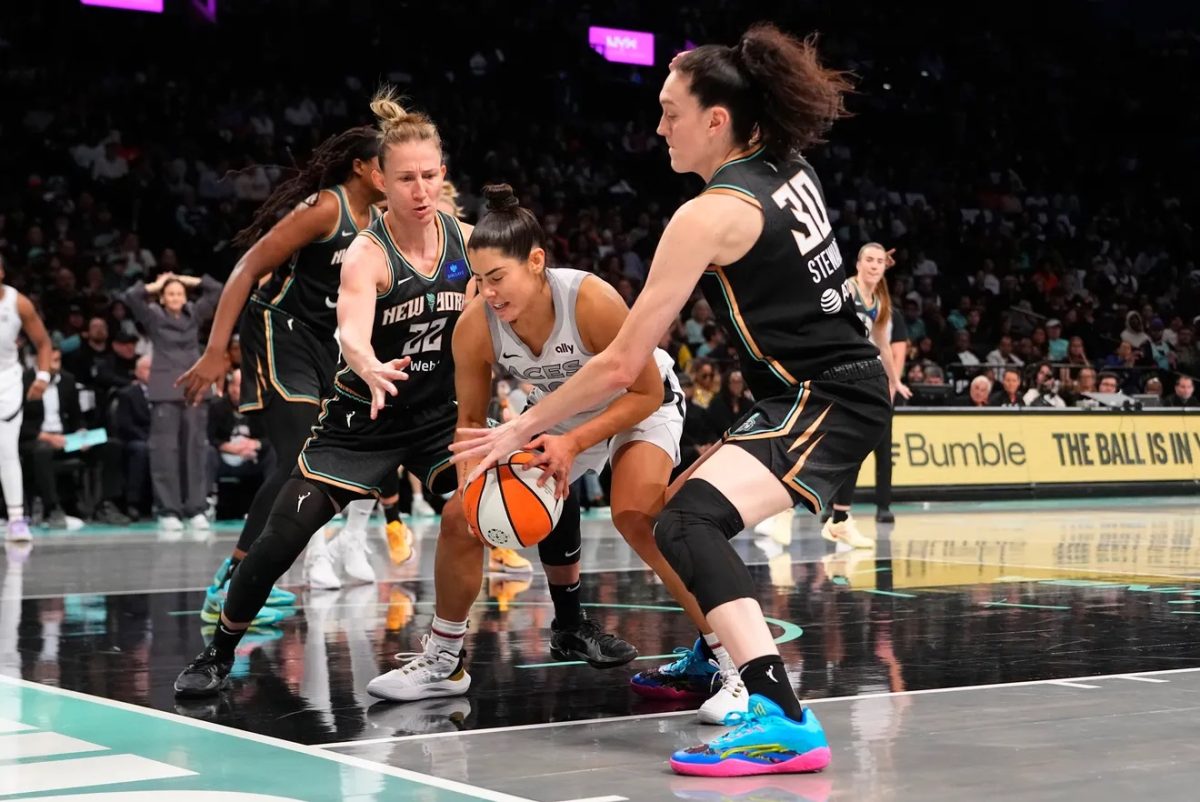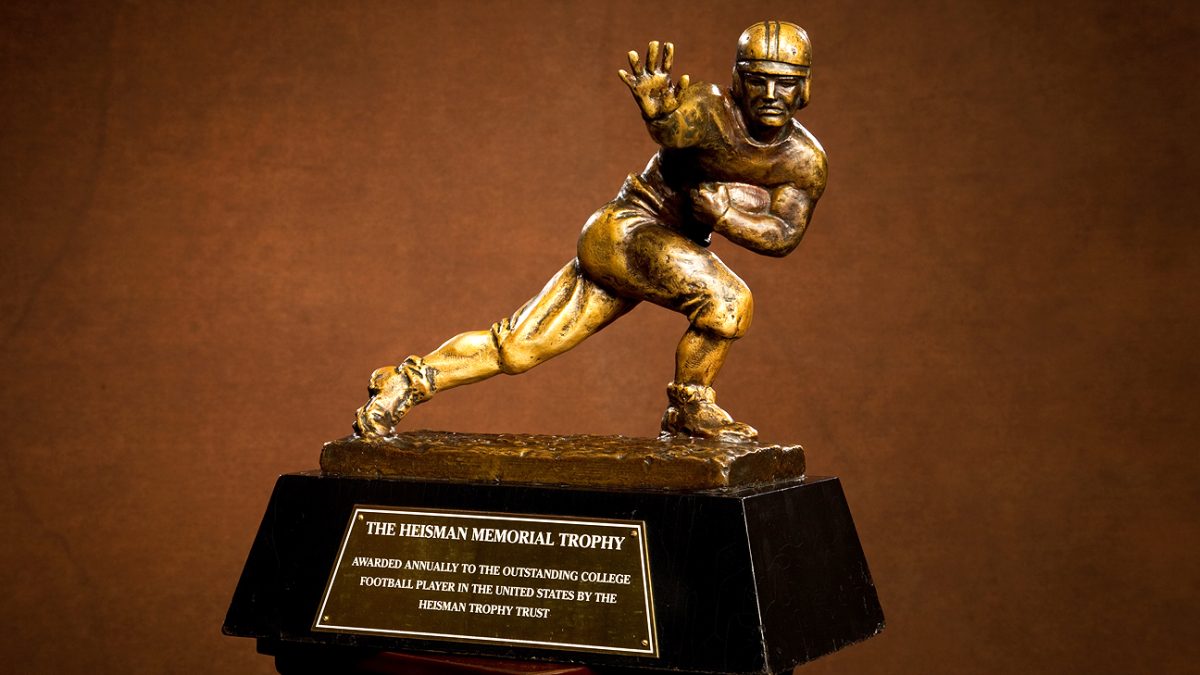On Oct. 1, MLB’s all-time hits leader Pete Rose passed away at 83 years old. Adored during his playing career, Rose was much maligned after he stepped away from the diamond.
Rose amassed 4,256 hits over his 24 year career with the Cincinnati Reds, Philadelphia Phillies, and Montreal Expos. On top of that, the outfielder, first baseman and third baseman was a three-time World Series champion, 17-time all-star, and winner of the National League MVP in 1973.
No active player in the MLB has over 3,000 hits, and only two players who played in the 2000s have come within 1,000 hits of the record. Rose’s tally is untouchable for now, and will most likely be so for the foreseeable future.
However, in accordance with the MLB, Rose will never see his name on a plaque at the Hall of Fame, and his bust will not be immortalized in the Cooperstown museum. His exclusion has nothing to do with performance-enhancing drugs which have left hall-of-fame caliber players such as Alex Rodriguez’s, Barry Bonds’, and Roger Clemens’ legacies tarnished. Unlike those players, Rose never even had his name on the voter’s ballot.
In 1984, Rose returned to the Reds — where he spent the first 16 years of his career — as a player-manager. He held this position until the 1986 season, when he retired as a player and shifted to being a full-time manager. In early 1989, Rose was accused of betting on baseball games while playing and managing. This report seemed out of character for Rose; he had trademarked a hard-nosed, old-school, and authentic style of play.
In April 1989, newly appointed MLB commissioner Bart Giamatti opened an official investigation into the allegations surrounding Rose. The report found evidence to indicate Rose did gamble on baseball while he was a player-manager of the Reds. Rose denied all allegations at the time. It wasn’t until 2004, when he released his book, My Prison Without Bars, that he admitted to betting on the game that he dearly loved.
Months later, on Aug. 24, 1989, Rose signed an official agreement with Giamatti declaring him permanently ineligible from baseball. The case was removed from federal court, and MLB never formally declared Rose had bet on baseball.
In 1991, just two years after Rose’s ban, the Hall of Fame ruled players on the permanently ineligible list could not be elected. It was the year before Rose was scheduled to appear on the Baseball Writers Association of America Hall of Fame ballot. As a result, voters never got the chance to assess Rose’s career through the lens of his newfound gambling infractions.
Since the beginning of the century, MLB has had strict gambling regulations. In 1919, 12 members of the Chicago White Sox were permanently banned from baseball for throwing games in the World Series that year. Former Phillies owner William D. Cox was banned for betting on his team to lose in 1943. For whatever reason, MLB draws a thick line in the sand when it comes to gambling. I would like to believe it is because they place such a heavy burden on maintaining the integrity of the game, yet, now more than ever, MLB advocates for its fan base to bet on games in any way, shape or form.
In March 2023, FanDuel was named MLB’s new official sports betting partner in North America.
“The partnership will also create new opportunities for MLB and FanDuel to collaborate on projects for other sponsor partners of both FanDuel and MLB platforms, as well as to work together to bring consumers new sports betting product innovations to drive deeper fan engagement,” MLB released in a statement on its website days after the partnership was announced.
MLB plans to “drive deeper fan engagement” by encouraging fans to bet on baseball. Gambling, — the same thing that transformed Rose’s image from a player who played with his hair on fire while he superman dove into third base into a man who ruined his reputation trying to make an extra buck — is being promoted to MLB’s rapidly-growing fan base through multiple marketing channels.
On TV, FanDuel ads are green-screened right on the backstop. Placed right behind the batter, every viewer has to see them — you can’t miss it. In fact, earlier in the season, a blue FanDuel ad turned Yankees outfield Juan Soto’s face blue. MLB Central, a morning show on MLB Network owned by MLB, routinely hosts segments centered around what games have the best odds and which players have the best props to bet on that day. Moments before the top of the second inning in game two of the ALDS between the Yankees and the Royals, a DraftKings ad popped on the screen as viewers were being welcomed back. By using promo code: HEAT, new customers can bet $5 and get $200 instantly paid to their account in bonus bets. Gambling ads have slowly consumed every aspect and avenue of the game.
Rather than spending money to promote the best young players in the league, MLB believes it is more effective to encourage those new to the sport to bet the over on 6.5 strikeouts. Their philosophy is flawed. If they are going to encourage gambling — which likely has something to do with the $1.1 billion in revenue it has brought them — they need to reconsider putting Rose on the ballot.
Rodriguez, Bonds, Clemens, and all the players who took performance-enhancing drugs were still given their chance to be honored in Cooperstown. Like Rose, their legacies were tarnished, yet unlike him, they were given the chance to be voted in.
Players who have taken performance-enhancing drugs have never received more than 66 percent of votes (Bonds in 2022). 75 percent of votes are needed to be elected. After failing to receive the necessary amount of votes within 10 years, Bonds, along with Clemens, dropped off the ballot after 2022.
“Time usually creates everything; and it’s been a long time and there’s been a lot of negatives happening in the world of baseball,” Rose said in his last interview in September with KTLA 5 News. “Don’t get me wrong, I was absolutely, 110 percent wrong with what I did; but to do something like I did — and that’s bet on a baseball game — and now you’re punished for the rest of your life, I don’t think it makes a lot of sense to a lot of people.”
Rose has admitted his mistakes. He knew he was in the wrong. He didn’t have the guts to admit it at the time, but he did years later. Rose was a legend on the field. The decisions he made off the field cannot be undone, but they can be reevaluated.
Since his passing, discussions have resurfaced, and the idea of Rose being voted in posthumously has been floating around. Who is to say if he will get in if he is deemed eligible for the ballot? He might receive 10 percent or 80 percent of the votes. Either way, that’s okay.
The man with one of the most unattainable records in the game has passed. Enshrining his life and legacy in the Hall would give his family, friends and fans — through thick and thin — a place to recognize and remember every ounce of passion Rose gave to the game. The hit king deserves another chance, and I say it’s time for MLB to give him one.


